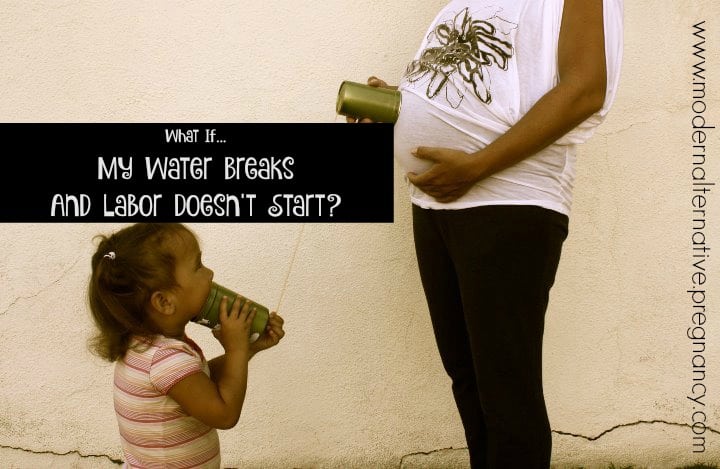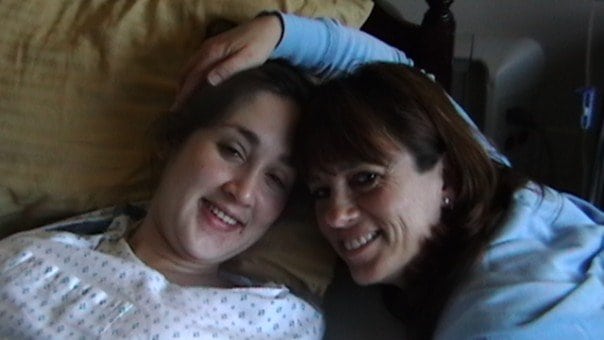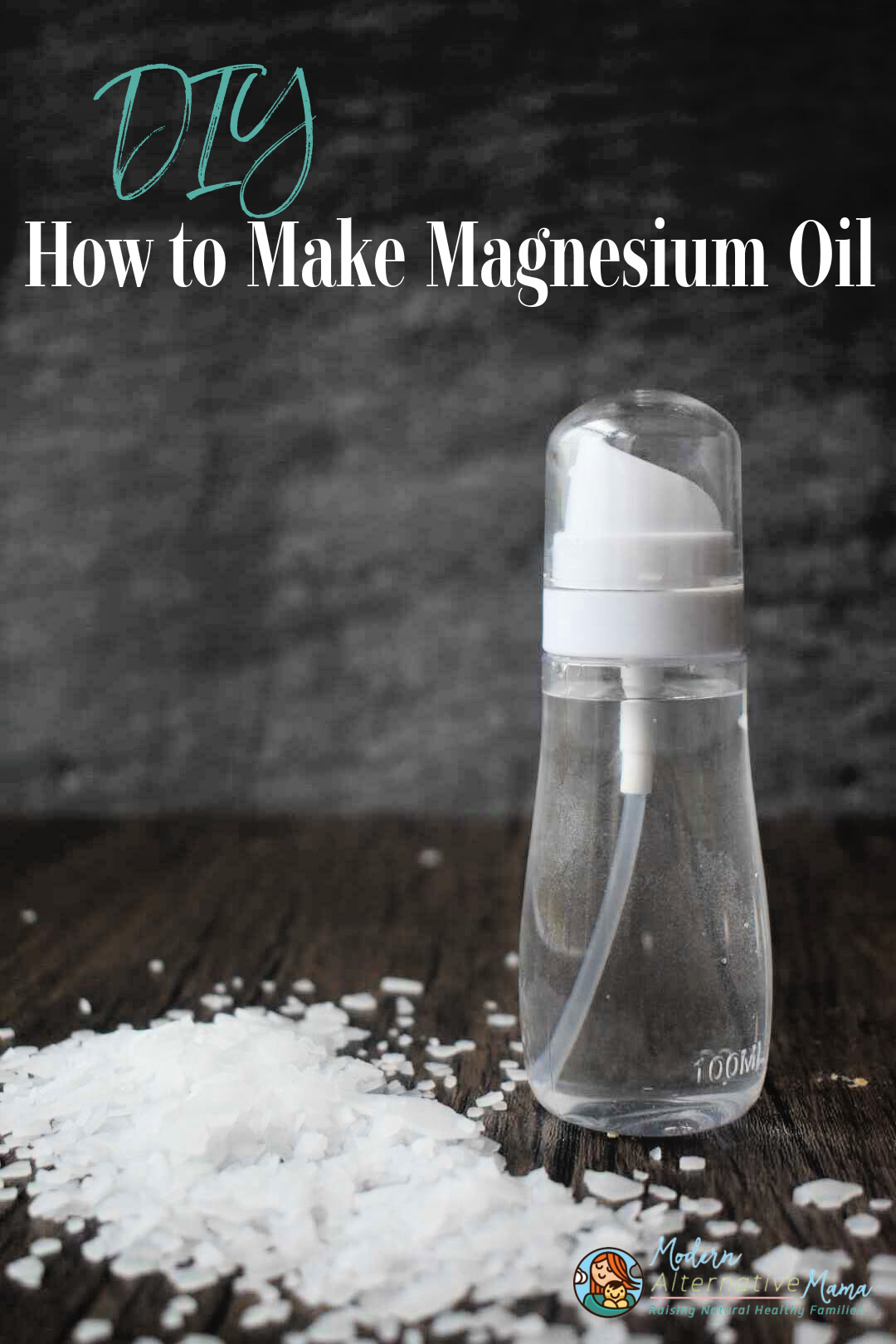When a pregnant woman’s water breaks, it often means labor is close to follow. But….what if labor doesn’t start right away? What happens next? Contributing writer, Daja, shares her own experience with prolonged rupture of membranes as an encouragement to natural mamas (to be) to explore what their options can be in those final moments (however long) in between when one’s water breaks and when baby makes their arrival.
What If…My Water Breaks And Labor Doesn’t Start?
I have nine children, born after nine healthy pregnancies and nine natural home births. I have also experienced a premature rupture of membranes twice, meaning my water breaks and a baby doesn’t pop out with it. I’ve also experienced a prolonged rupture of membranes three times, meaning it has taken more than 24 hours after the water breaks for the baby to appear. Is there a cause for concern?
Defining Premature Rupture of Membranes
Let’s start by being clear of what we mean when we say a “premature rupture of membranes” or PROM.
Premature rupture of membranes (PROM) refers to a woman who is beyond 37 weeks’ gestation and has presented with rupture of membranes (ROM) prior to the onset of labor. Preterm premature rupture of membranes (PPROM) is ROM prior to 37 weeks’ gestation….Prolonged ROM is any ROM that persists for more than 24 hours and prior to the onset of labor. [source]
So, you’re 37 weeks or more and your water breaks, but labor doesn’t actively begin? That’s PROM. If more than 24 hours go by without labor starting or without the birth occurring, that a prolonged PROM.
If you’re less than 37 weeks pregnant and your water breaks, that PPROM (preterm, premature rupture of membranes).
This article deals with prolonged PROM.
Risks Associated With Prolonged PROM
PROM occurs in approximately 10% of pregnancies. The symptoms include leaking amniotic fluid, bloody show, vaginal discharge, and pelvic pressure, without active labor contractions. [source]
Concerns with having the water broken but labor not beginning include infection and possible fetal distress. However, some of these concerns can be alleviated with good management.
Good management means no digital vaginal examinations until active labor begins. [source] To put it plainly: no vaginal exams at all to avoid introducing any new bacteria to the delicate balance of vaginal flora.
What To Do If Your Water Breaks and Labor Doesn’t Begin
In my last labor my water broke six days before my baby was born. My husband and I had to make decisions in those days leading up to his birth. We had to ask ourselves tough questions and be honest with ourselves. How long were we comfortable waiting? What could we do to bring labor? How was the baby handling labor? How was I handling labor? Could we handle things better? Was there anything we were doing that was standing in the way of our progress?
We talked a lot. To one another. To our midwife. To trusted friends.
For us, we chose to wait. I cannot say what you should do. Only you can do that in honest conversations with your partner, consultations with your doctor and/or midwife, and being honest with yourself. This article is not medical advice or recommendation.
So What Did I Do?
- Hydrate. Hydrate. Hydrate. I drank a gallon of fluid a day. I did water and pregnancy tea. (You could also do juices and broths.) I knew that as long as my placenta was attached, my body would continue to make amniotic fluid. So, to keep my baby surrounded by fluid, my body had to make it from something. So, I hydrated a lot.
- Vitamin C. As a protective factor against the (slim) possibility of infection, I took 4,000mg vitamin C each day (in divided doses).
- Check temperature. I took my oral temperature several times throughout the day to catch any possibly infection early.
- Check the fluid as it leaks. Is it blood tinged? Is there meconium staining? As long as the fluid was running clear, I felt good about it.
- Be patient. This is a great time practice relaxation, get in touch emotionally with the baby and process, pray for the baby.
What I Didn’t Do:
- Vaginal exams.
- Sex.
- Baths.
Basically, my goal was to introduce no foreign bacteria to the vaginal tract.
I also didn’t worry. I took my time with lots of movement and rest and good food. When I was ready to “get this show on the road” we use a combination of herbs and natural stimulation recommended by our midwife. It worked and our little bundle was born happy with perfect APGAR scores.
(top photo credit: Cory Plowman Photography)
How about you? Have you experienced PROM? How did you handle it?








I had prolonged PROM with both my babies. The first was born about five days after the rupture of membranes, then I just had a slow clear trickle. The second baby was born about a day and a half after my membranes ruptured and again I just had a slow clear trickle. Both happened at 36 weeks and the hospital freaked out both times that I didn’t come sooner. I was on pitocin both times, but my labor with the first was so much better with the first, I think because we waited. Now we are getting ready to get pregnant again and I don’t want to go to a hospital, but I’m wondering if I will ever go into labor without pitocin. Would you say I’m considered high risk? Do you think it’ll happen again like it did before? I know it’s all speculation, but I want a home birth and want to prepare. Thank you!!
My water broke at 38 weeks, I had no contractions we waited 12 hours home and then went to see the dr. He did a vaginal test 0 efacement 0 dilation. And put me on antibiotics. And I was sent home to wait 12 more hours
12 hours later we went to the hospital and started on pictocin contractions were very light and short.
12 more hours 36 after break I was told I needed to go to c section.
I was very disappointed and asked to wait more Dr said as I had no progress it would be dangerous
I asked many question it didn’t make sense to me but he said we could not wait. It’s a disapoinment I can’t get over
Even in op room I said I changed my mind I wanted out and I would take all risks but again a no.
With my first I had prolonged preterm premature rupture of membranes. My water broke at 34 weeks 4days and i was 4 cm dilated but not a single contraction.My doctor was OK with waiting 24 hrs before any type of induction, but ultimately after 24hrs I agreed to pitocin and 16hrs later my little guy finally decided to show up. With my 2nd I also had PROM but at 39 weeks. I waited 5hrs to go to the hospital and another 3hrs once I got there but finally my husband and I decided just to get things going again and do the pitocin amd 6hrs later he was born.When I arrived at the hospital I was already 3cm so just like my first birth it just baffles me why my body doesnt start contracting on its own. I went epidural free with both labors and that was definitely empowering but I can’t help but think what it would have felt like for my body to do it without. Maybe next time I’ll find out.